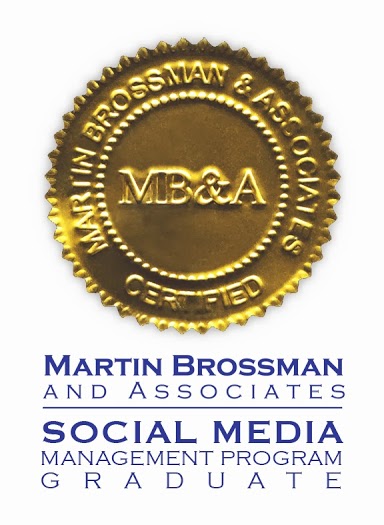I bought a Washington State lottery ticket when we were on vacation, while we were waiting for the ferry in Friday Harbor. It cost $1 and offered payout of $1.8M, which seemed “enough” at the time. It was the last real day of vacation, and I was entertaining the fantasy of being able to call in to the office and say, “I’m not coming back.”
Of course I didn’t win. I would be writing a different post if I had. I know someone who knows someone who won, once, and then lived on the income for 20 years, and now finds herself 20 years older and out of income and unskilled. This is not a good place to be.
I also know someone who buys a ticket for every drawing. He plays the same number every time, a pair of easily-remembered birthdays, and buys 52 tickets at a time, the maximum allowed. He only has to check the website twice a week so his effort investment is minimal. I am tempted by his arguments in favor of the outgo being an entertainment expense; a cheaper fantasy trip than going to the movies.
But we are different people, with different brain patterns and different cash flows. Every time I dip my toe in the “what would I do with all that money” pool, I come out covered in a nasty slime. My thoughts turn to the winnings and how more money would change my life, and away from what it will take to change my life with the skills and gifts I have available to me today.
We came home to truly difficult news about my job; the rumored merger was going to happen; massive uncertainty affecting a huge global workforce. I think about buying my way into relief with lottery tickets. This is not a good way to think.
On the way home from a day filled with swirling rumors of imminent unemployment, I stopped at Borders, looking for a copy of the latest What Color is Your Parachute (41st edition is on the market. Am I that old? I used the 1980 edition in college…). I stopped at a bargain table of books marked at $2. This is almost less than the cost of gas needed to get to the library. I bought You Call the Shots by Cameron Johnson. Amazon reviews confirm this book will not make me rich anytime soon; suspect the value of a $2 book about making money.
However: two dollars. A book about business, or a week of powerball tickets. Even if all I get out of the book is the opportunity to add one more review to my Amazon list, I’ll have more to show than I get for two losing powerball tickets.
For those times Borders isn’t selling books at $2, there’s the thrift shop. Not long ago, someone retired and dumped an entire collection of best-selling business books into the Habitat Restore, where they eventually sold at $1 for a bundle of five. Lots of information for not very much money at all. Vastly higher ROI (return on investment) than powerball.
Caveat: It’s not just the idea.
If you get one good idea per week, my friend Paul told me, it’s worth it. If you apply that idea, I can’t even guess how much it would be worth.
(Steph quoting Ramit Sethi)
I can do way more with a good book, much faster, than I can with any fantasy about winning the Powerball.



Speak Your Mind